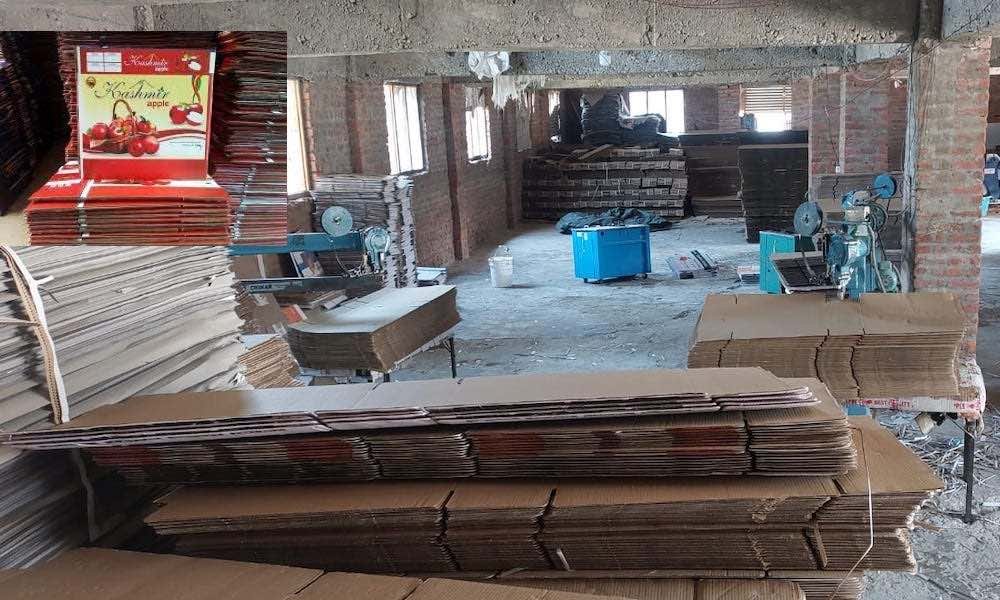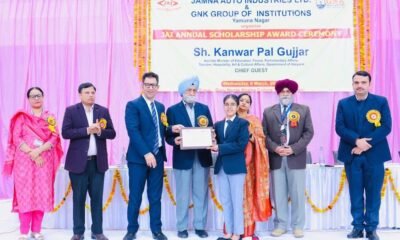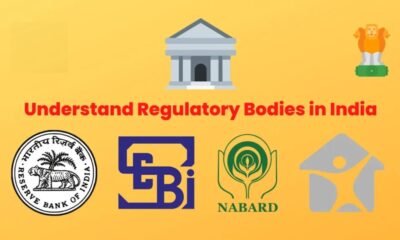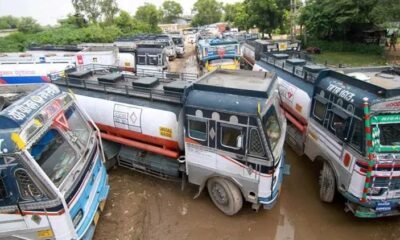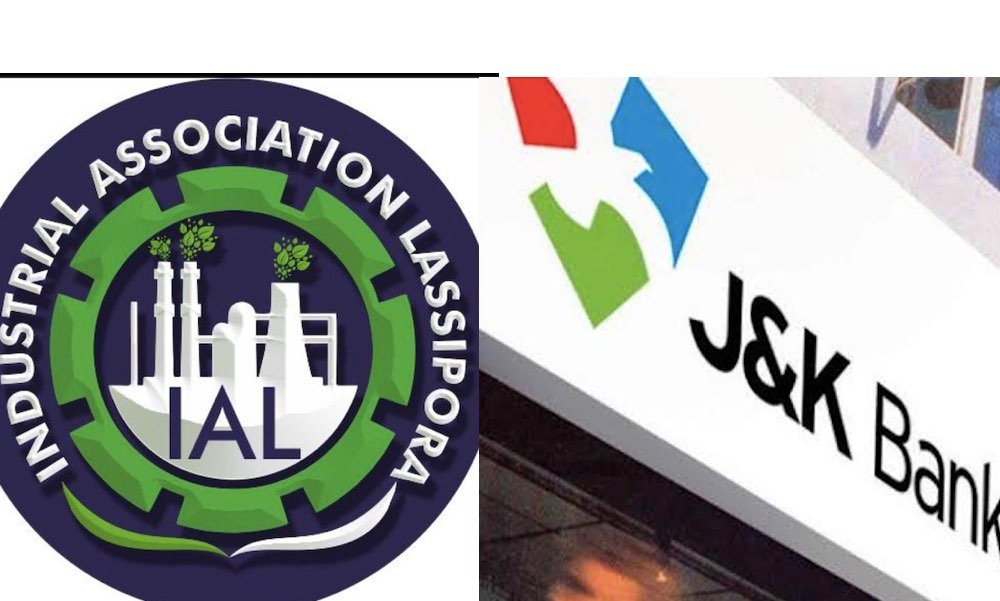Pazeer Kataria
J&K’s Dwindling Corrugation Industry! The corrugation industry is a sub-category of the paper industry. It essentially deals with the manufacturing of customised boxes made from the amalgamation of cardboard, kraft paper, adhesives, stitching, wiring etc. Corrugation boxes are an improvisation over ordinary cardboard boxes. These boxes are stronger, durable, environment friendly, cost-effective, sustainable, recyclable and easy to customise. The corrugation industry has revolutionised the modern-day world because of its environment-friendly nature. The main output produced by this industry is (customised) packaging material for multiple purposes across various intermediate and final uses.
India’s corrugation market is estimated to be worth Rs 30,000 crore. Over time, this sector has grown steadily and sustainably. Given the enormous size of the Indian economy, there has always been a high demand for the goods and services supplied by this sector. It has consistently been a highly popular business among potential entrepreneurs. The Covid-19 pandemic has, however, caused this industry to experience a recent nationwide decline. The cost of all raw materials, including the fuel for running the machinery and the cost of transportation, has skyrocketed. The sector has been further restricted by the limited import of less expensive raw materials and the increased tax burden on businesses.
In Jammu and Kashmir, the corrugation industry is directly linked to the horticulture sector. Cardboard boxes have replaced traditional wooden boxes for apple packaging to a large extent. Though the corrugation industry of J&K produces boxes for beverages, bakery, medicines, yoghurt, processed foods etc. apart from horticulture the main demand comes from the latter itself. As such the corrugation industry has been a very popular venture amongst the potential entrepreneurs in J&K. However, the post-pandemic world hasn’t been the same for the corrugators of J&K. The corrugation industry in the region has been running in losses since the beginning of the pandemic.
All of a sudden it was decided that the GST on the corrugated boxes would be increased by 6 percentage points. Initially, the purchase sale tax was 12% and so was the sales tax. After this decision, while the purchase tax is the same, the sales tax has increased to 18%. There is a direct 6% dead weight loss created, the brunt of which is born by the manufacturer. Meanwhile, the rates of the boxes have tended to remain constant declining the profit of the manufacturers by a big slash.
The first blow came with the beginning of the Covid-19 pandemic right in China. Kraft paper, one of the essential raw materials, is imported into India from China. As soon as the pandemic was declared the imports were halted and the basic raw material shortage was felt. Steadily this had to be substituted with the indigenous craft paper which increased the cost of production. Other imported substitutes coming from the rest of the world also got expensive and the production cost of the industry rose immediately. This sudden nature of the shock gave the least time to the corrugators of J&K to come to terms with the outcomes.
Another major shock came with the updated taxation decision from the ministry of finance. All of a sudden it was decided that the GST on the corrugated boxes would be increased by 6 percentage points. Initially, the purchase sale tax was 12% and so was the sales tax. After this decision, while the purchase tax is the same, the sales tax has increased to 18%. There is a direct 6% dead weight loss created, the brunt of which is born by the manufacturer. Meanwhile, the rates of the boxes have tended to remain constant declining the profit of the manufacturers by a big slash.
The most important source of demand for corrugated boxes however comes from the horticulture sector in the region. And here the major concern is the competition given to the locally manufactured corrugation boxes by the imported ones coming from the neighbouring states. There are two main reasons behind this competition. One of the reasons quoted by the local manufacturers is that the business houses outside J&K are multi-project ventures, keeping the cost of production very low for the producers. As such, in the local market, these boxes are sold at a cheaper rate than those coming from our local producers. The second reason comes from the consumers who claim that the boxes coming from outside are not only superior in quality but are affordable too. The joint impact of both these reasons is a decline faced by this otherwise brimming and quoted ‘high potential’ industry in the region.
Another important local source of demand for the corrugation industry of J&K is the beverage industry located across the region. Corrugation boxes have been a preferred choice for these units. However, the growing prices of these boxes have forced this industry to look for alternatives and substitutes. After a brief research, it turns out that the beverage industry is substituting corrugation boxes with plastic and polythene packaging. At the same time posing a long-run threat to the fragile environment of the region!
In Kashmir, the corrugation business has a direct and indirect impact on about 20,000 households. These people in a majority of the cases are not affiliated with any other economic activity. A loss to this industry will impact the members across all these households. In light of these events and factual realities, there arise some critical policy implications. For starters, the local government must restrain the unquestionable import of corrugation boxes from the rest of the country. Given that the horticulture sector is at the back of this industry, it is important that the two grow mutually and with an interdependence that is conjointly and positively reinforcing the overall growth. Immediate intervention and curtailment of the taxes is the most pressing pre-requisite for the sustenance and then eventual growth of this sector. From a longer-run perspective, the use of corrugation products instead of plastic and polythene is J&K is the basic need to keep up with the fragile ecosystem that the region is bestowed with.
The authors work with the Department of Economics, Islamic University of Science & Technology & can be reached at dhaarmehak@gmail.com

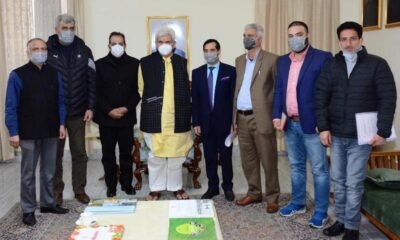

 Industry3 years ago
Industry3 years ago


 Energy4 years ago
Energy4 years ago


 Economy1 year ago
Economy1 year ago


 Infra3 years ago
Infra3 years ago
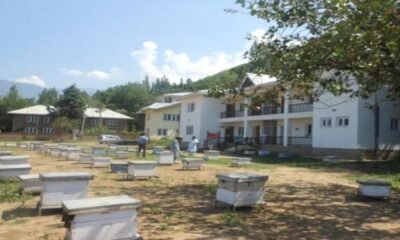

 AgriBiz3 years ago
AgriBiz3 years ago
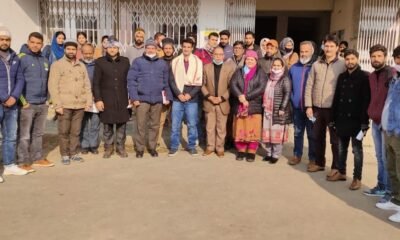

 Careers4 years ago
Careers4 years ago
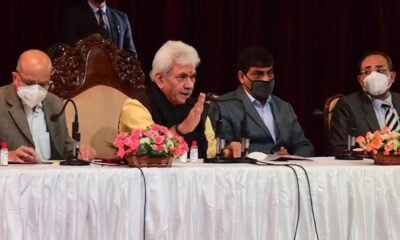

 Economy4 years ago
Economy4 years ago


 Industry4 years ago
Industry4 years ago
